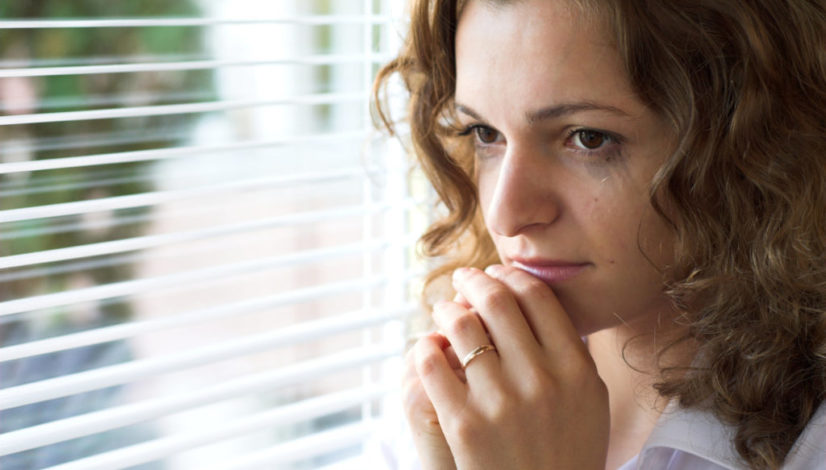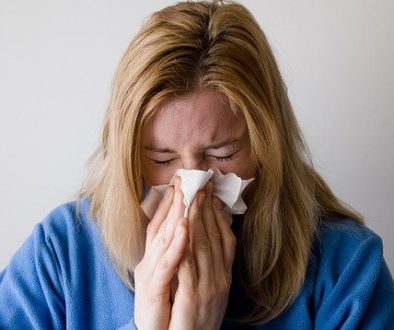Anxiety (Anxiety Disorder)
Stress and anxiety are a part of everyday life. It is natural to feel a certain level of anxiety in response to situations such as taking an exam or going for an interview, submitting an important paper or project or before a sporting competition. In such cases, anxiety is linked to a specific event and subsides once that event is over. However, when anxiety becomes constant, when the worrying persists over an extended period of time long after the stressor has disappeared, or if you are anxious for no apparent reason, you may be dealing with an anxiety disorder. Anxiety disorders are the most common of all mental health problems.
Causes
The causes of anxiety are many and varied. A combination of several factors results in the onset of symptoms. These factors may include stress factors related to the individual’s family, social or professional environment, genetics, physical health, temperament, ability of adapt to different life situations, and the abuse or consumption of certain substances (drugs, alcohol, caffeine).
Symptoms
Individuals with anxiety may experience a combination of physical and psychological symptoms of varying degrees. Below are some of the most common symptoms:
- hot flashes or chills
- racing heartbeat
- difficulty concentrating
- dizziness
- muscle pain and tension
- laboured breathing
- choking feeling
- constant worrying
- sleep disturbances
- nausea
- excessive sweating
- fatigue
- trembling
- diarrhea
There are several types of anxiety disorders, and what differentiates them are the nature of the disorder, and the intensity and duration of the symptoms. The most common types of anxiety disorders are phobias, panic disorder and generalized anxiety disorder.
Diagnosis
Anxiety is a disorder that requires a medical diagnosis and treatment. If you think that you or a loved one may be suffering from anxiety, speak to your doctor as he or she will be able to determine if the cause of your anxiety is physical, which can sometimes be the case. Otherwise, during the medical consultation, your doctor will be able to establish whether you are suffering from an anxiety disorder or another health problem that has similar symptoms.
Treatment
Anxiety disorders can be successfully treated. Treatment usually involves a combination of medication and psychotherapy. Among the medications used are antidepressants, first and foremost, as they help reestablish the brain’s chemical balance as well as rebalance emotions, concentration, and physical symptoms. Anxiolytics are a close second, as these medications help reduce stress and promote better sleep. Psychotherapy is used to change an individual’s anxiety-ridden thoughts and feelings, and replace them with thoughts and feelings that are more rational. It also helps to understand the origin of the problem and to find solutions.
Lifestyle changes can also contribute to alleviating day-to-day stress. Here are a few lifestyle changes you can make:
- Avoid caffeinated beverages such as coffee, tea, and soft drinks, as well as chocolate.
- Avoid alcohol and recreational drugs. While they seem to be beneficial at the outset, they can lead to even more anxiety.
- Avoid using other stimulants such as other medications. Speak to your pharmacist for more information.
- Engage in aerobic exercise at least 3 times a week for 30 minutes.
- Get enough sleep.
- Learn to relax and control your breathing.
- Avoid being alone if you are going through a tough time.
Making changes to your lifestyle habits will help you eliminate factors that can worsen or maintain your condition. Being mentally healthy will make you feel good about yourself.
For more information or for support :
Visit: medicineshoppeonline.com
© Copyright Vigilance Santé
The patient information leaflets are provided by Vigilance Santé Inc. This content is for information purposes only and does not in any manner whatsoever replace the opinion or advice of your health care professional. Always consult a health care professional before making a decision about your medication or treatment.




